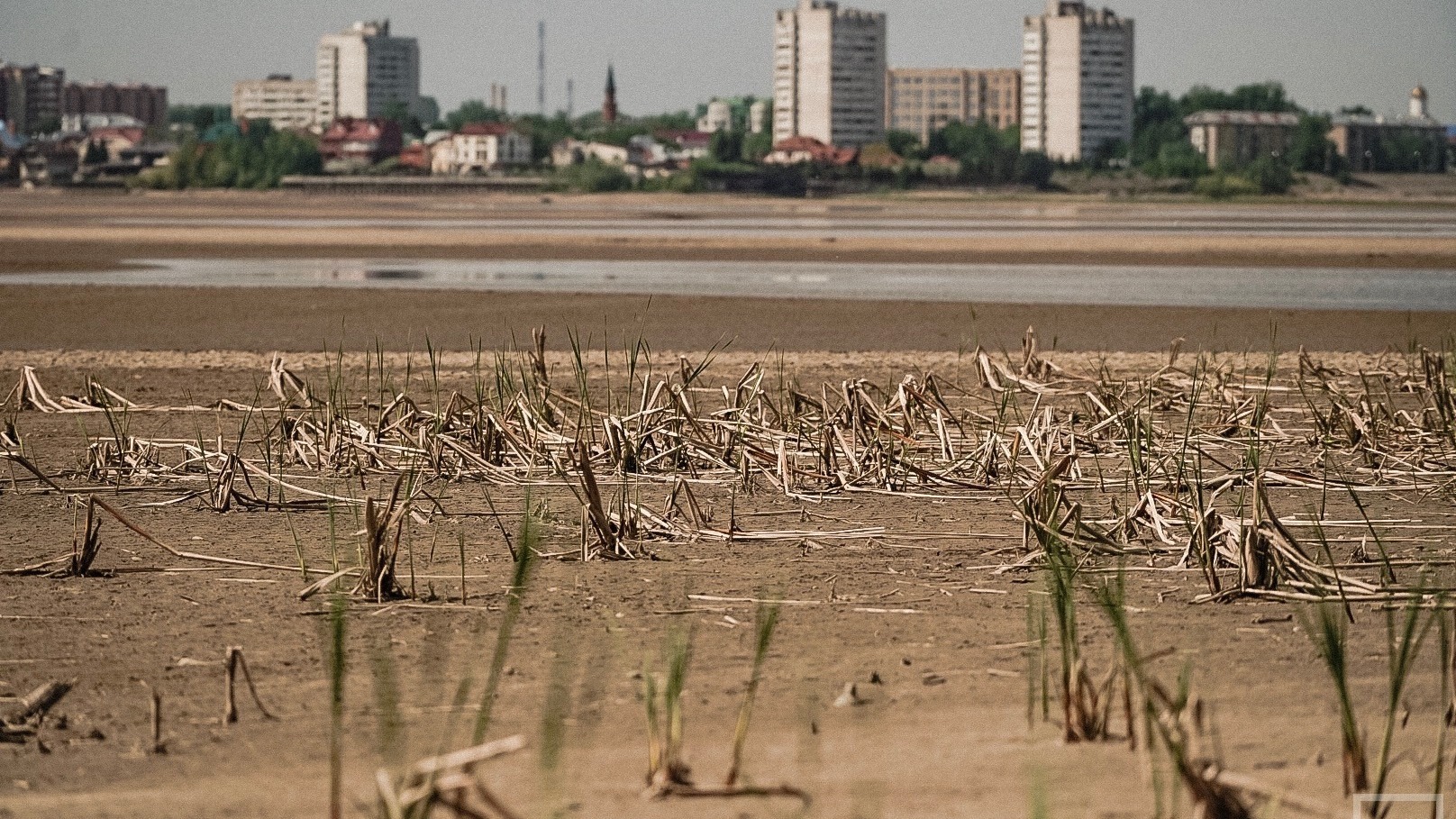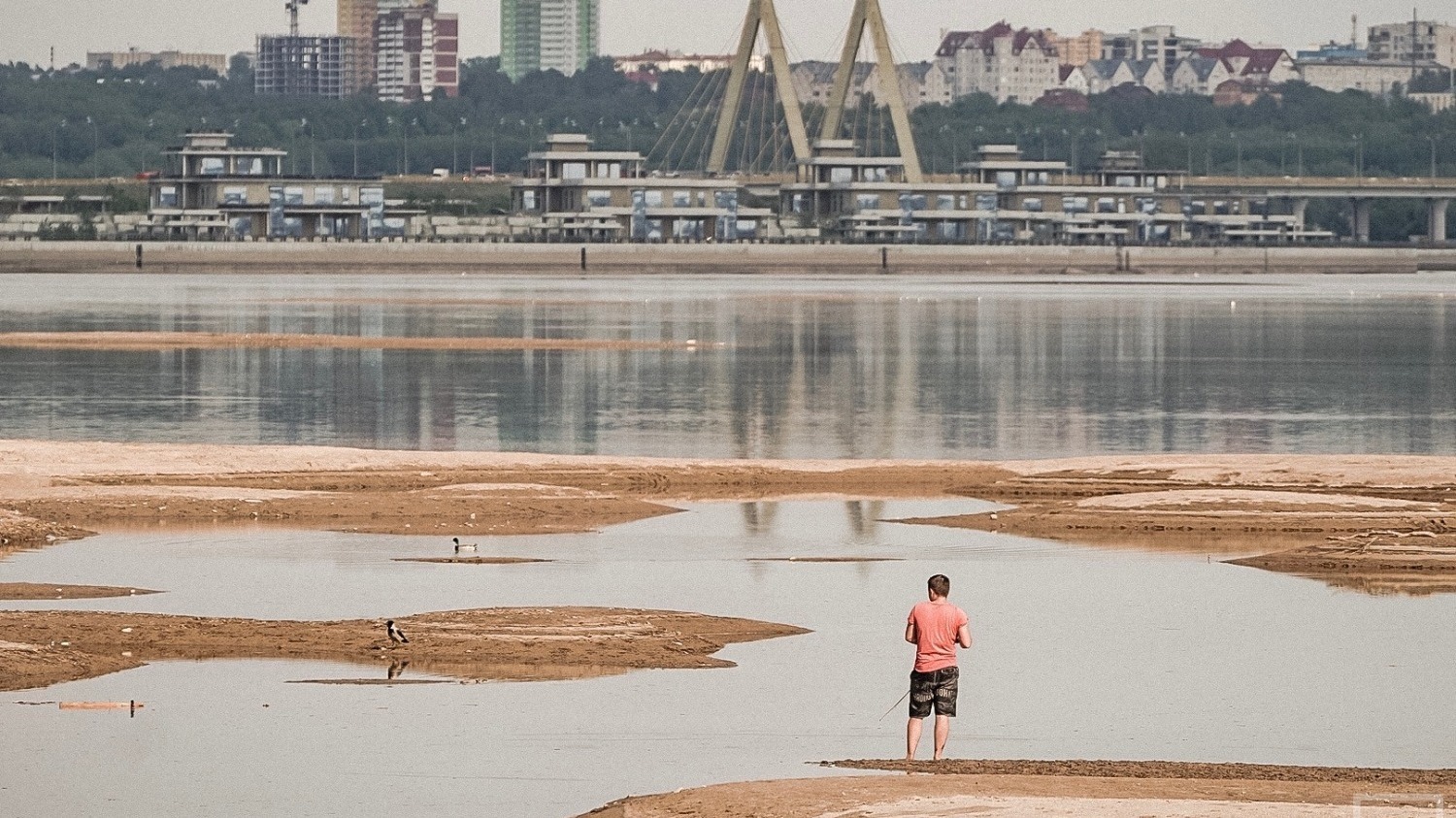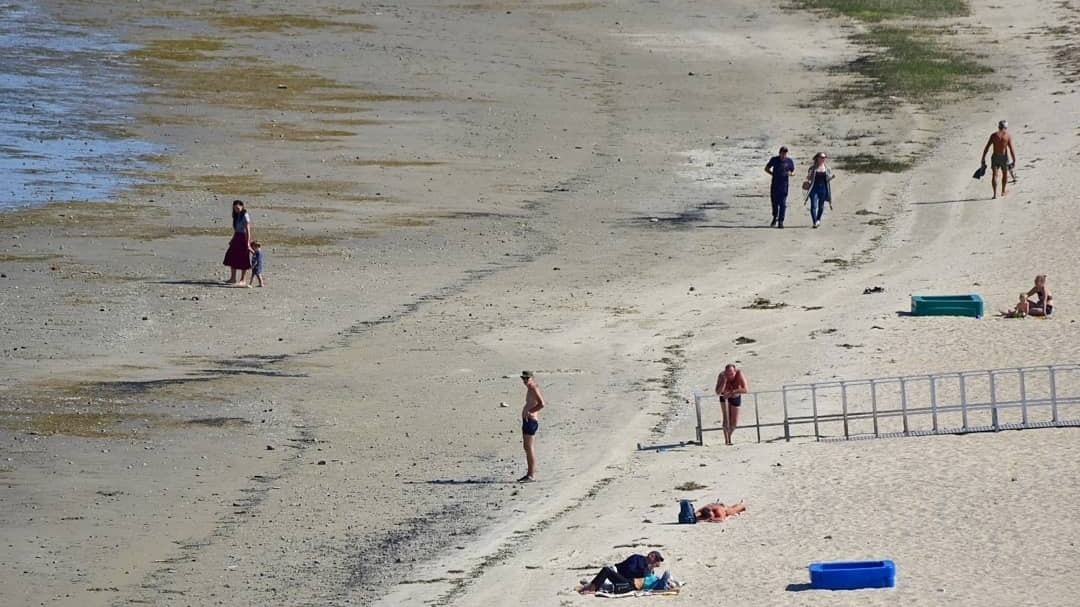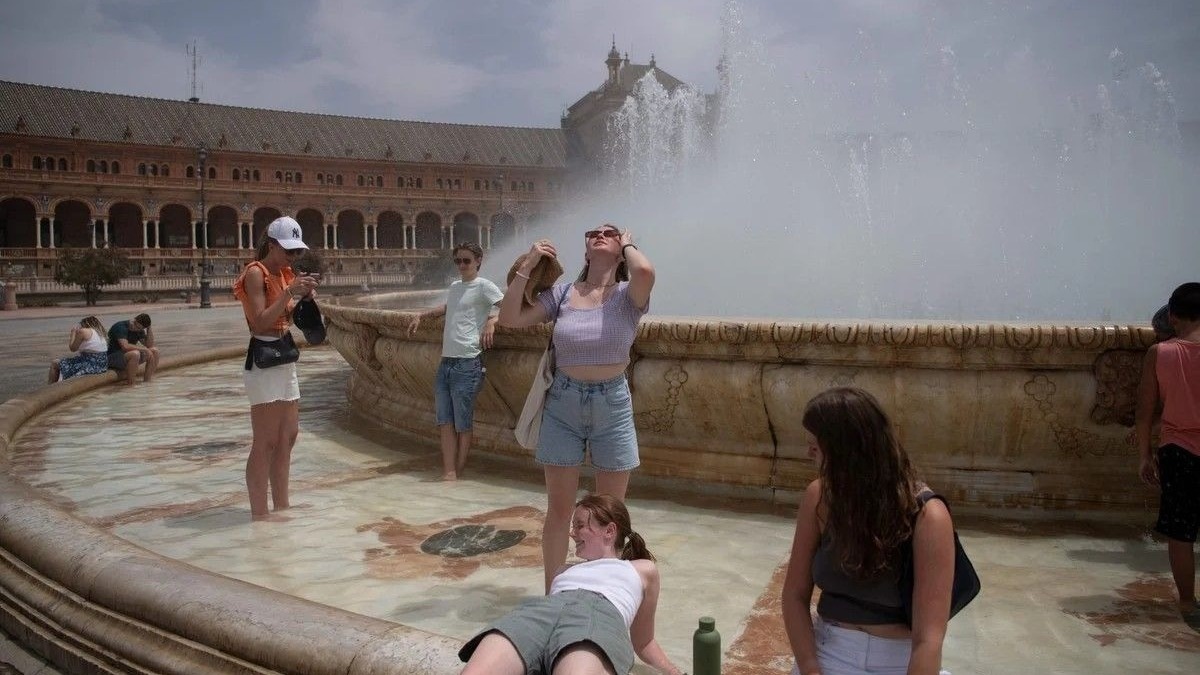Posted 18 августа 2023, 06:11
Published 18 августа 2023, 06:11
Modified 18 августа 2023, 07:58
Updated 18 августа 2023, 07:58

Lack of fresh water: a domestic problem turns into a political one
IRINA MISHINA
The water level in the reservoirs supplying Istanbul has fallen to a record low. Due to the severe drought, there is no more water left in the city for 8 weeks. If the drought continues, the situation will become critical. What is happening in the Turkish capital?
From austerity to wars: what happens due to the lack of fresh water
«Istanbul is a big city, overpopulated, the source of drinking water there is groundwater, that is, water is taken from underground. According to seismologists, now in An earthquake is expected in Istanbul, an underground displacement may have occurred, the water could have left because of this. In addition, because of the abnormal heat, they consume a lot of water,» Alexander Dolgushin, senior researcher at the International Research Institute for Sustainable Development, Candidate of Economic Sciences, Master of Ecology of Sustainable Development, told NI.
Forecasts of meteorologists in Turkey are frightening. A new temperature record was recorded there the day before. For the first time in the history of the country, the thermometer rose to 49.5 degrees above zero. In Istanbul and Izmir, it reached 44 degrees. According to the information of the Istanbul City Water Resources and Sewerage Department, today the level of storage capacity is 33,37%. For comparison, in August 2022, this figure reached 62%. The Turkish authorities added that by now half of the 10 large reservoirs have almost become shallow. The largest volume of water reserves — about 80% — falls on only three reservoirs: Terkos, Omerli and Darlyk.
Fresh water has added troubles to the inhabitants of Europe. For several months now, EU countries have been trying, as best they can, to save it by implementing government decisions. For example, Lithuania has introduced a standard — no more than 10 cubic meters per person per day. Ferry service has been suspended in the Polish capital Warsaw. Although there is no official mention of a shortage of water, they are constantly calling for its economy. The level of the Vistula has dropped almost to a record low. The action «Respect the water» has been launched in Warsaw. Due to the abnormal heat in Spain, they also call for saving water. Abnormal heat has been driving Europeans into fountains in recent days.
The issue of fresh water has become a political issue. According to political scientists, the Third World War will be for fresh water.
«Because of the water, military events are already unfolding. The Arab-Israeli conflict is largely related to water. It all started when Syria started building a dam to stop the flow of the Jordan River into Israel. The bombing began immediately. Egypt said that if someone starts construction on the Nile in the upper reaches, bombing will follow. The next wars will start because of access to drinking water,» Viktor Danilov-Danilyan, a hydrologist and corresponding member of the Russian Academy of Sciences, told NI.
If you delve into history, it is not difficult to notice that all civilizations developed around large rivers. When the river died out, whole empires left.
«When the rivers dried up and the climate changed, the national economy stopped developing. And the civilization that developed around this area was dying out. This was the case, for example, in ancient Egypt and Babylon. There were cholera epidemics in London due to poor water purification in the 19th century. There is unrest in Europe now, because water has become much more expensive, in Germany it has reached the point that some people wash once a week,» says Alexander Dolgushin, Candidate of Economic Sciences, senior researcher at the International Research Institute for Sustainable Development.
Critical shallowing of rivers — the problem of Russia
According to scientists, a warming cycle has now begun, which occurs once every 800 years, and it will inevitably affect the lives of many countries.
«The reason for the lack of water is that the climate is getting warmer. Once every 800 years, there is a warming that leads to big changes. In the 13th century, warming led to the desertification of Central Asian lands and the resettlement of peoples. Before that, in the 4-5 centuries AD, warming led to the fall of the Roman Empire due to the invasion of the Huns, Goths, Slavs and other peoples who shifted from their places. We are going through a similar period now,» said Alexander Dolgushin, Chairman of the expert council of the Green Alternative Party, Master of Ecology.
The world's population is growing as rapidly as the main source of life — rivers and lakes — is drying up. Our country sets its own anti-records here.
In recent years in Russia — critical shallowing of rivers. The largest waterways evaporate so rapidly that there are places where they can literally be crossed on foot from coast to coast. The main cause of this disaster is a person who pollutes fresh water sources and does not take measures to remedy the situation. The problem of shallowing has affected almost all major Russian rivers: the Ob, Yenisei, Ural, Don, Volga, Lena. Here's what the Volga looks like in the Kazan area.


Last year, one of the longest rivers in the world, the Yenisei, lost almost half of its natural water level. The last time this happened was in the 30s of the last century. A similar story happened with the second longest Russian river Ob. In places where steamboats used to go, people began to walk and take selfies for memory. The authorities had to stop cargo transportation and launch additional bus routes instead of river transportation. The shallowing even affected the timing of the summer shutdown of cold and hot water in Krasnoyarsk — they were shifted due to the increased load on the CHP. Drying up also affected the third — longest river in Eastern Europe — the Urals. There is so little water left in it that it has become impossible to eliminate the consequences of accidents at oil and gas production sites in the Caspian Sea.
Last year, scientists of the Rostov region announced an imminent environmental disaster — the Don River is shallowing, one of the main arteries not only in this region, but also in the entire Southern Federal District. The situation with this river is perhaps the most dramatic of all the other waterways in Russia. This is what this river looks like in the Rostov-on-Don region.


Will fresh water be the lot of the rich?
In Russia, the greatest problems with water arise in the south, closer to the steppe zones, for example, in the Orenburg region, Kalmykia. The Aral Sea is drying up, and the Caspian is drying up at an alarming rate. The Caspian Sea will become smaller by 20 meters in a century, as a result, this sea will decrease in area by a third. The problem is that the Volga, the most polluted river in Russia, flows into the Caspian Sea. Volga is a gateway, it is an industrial enterprise. «In general, the main cause of pollution and shallowing of rivers is the diversion of water for agricultural needs,» experts say.
Only high-quality river cleaning can solve the problem.
«First of all, it is necessary to build sewage treatment plants, then clean riverbeds, deepen the bottom,» says Alexander Dolgushin, Candidate of Economic Sciences, chairman of the expert council of the Green Alternative. — It will take tens, hundreds of billions to clean up. Unfortunately, all this will pay off with increased tariffs for housing and communal services. And in the future it may happen that only very rich people will drink clean water. Clean water in itself will be considered wealth.»

